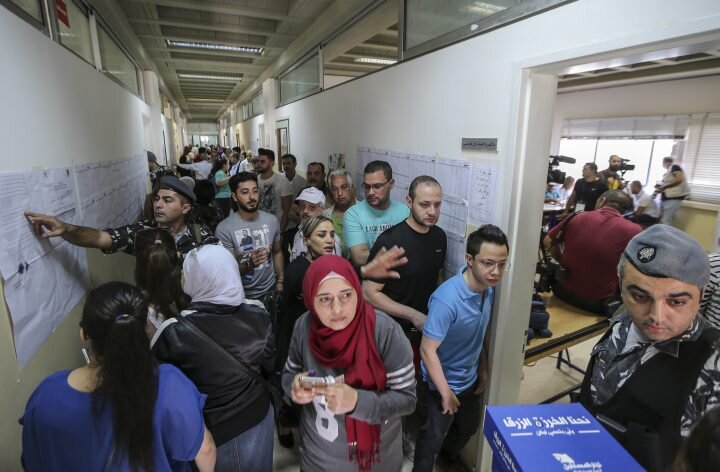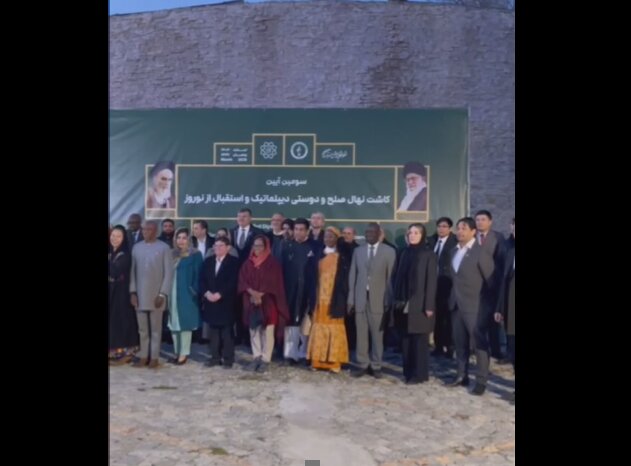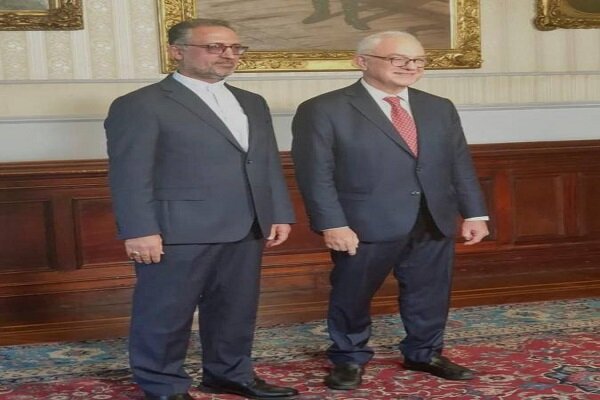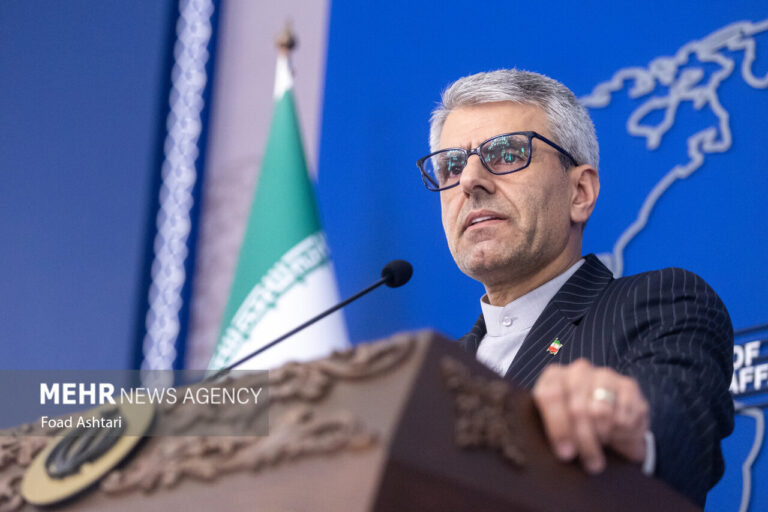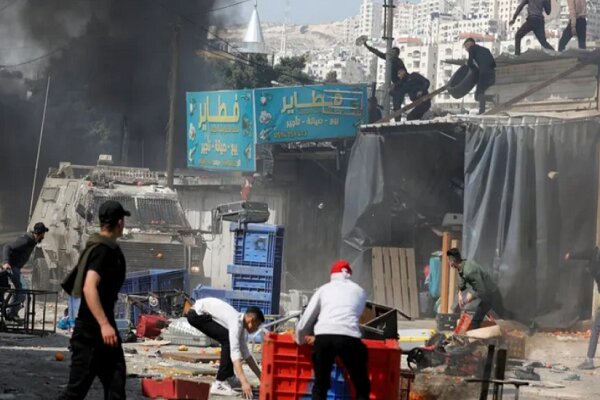Lebanon’s Upcoming Elections: Will the Resistance Surge or Step Back?
In the wake of escalating tensions from Operation Al Aqsa Flood, Lebanon is gearing up for municipal elections next month, which could significantly influence next year’s parliamentary elections. These elections are not merely a local affair; they have become intertwined with national security issues, particularly due to increasing American interference in Lebanese politics.
The upcoming elections represent a critical opportunity for American diplomacy to gauge shifts in the Lebanese public’s perception of the Resistance, especially within the Shiite community. This assessment is pivotal in light of the ongoing Gaza Battle and the Uli al-Baas Battle.
For the first time in decades, these municipal elections will take place in the absence of martyr Sayyed Hassan Nasrallah. The American embassy in Beirut appears to be banking on Nasrallah’s lack of influence over voters—voters whose homes and infrastructure remain devastated from the Israeli aggression in September and November of last year. Moreover, there are concerns that American tactics may involve overt threats aimed at disarming Resistance forces.
According to Washington’s perspective, these elections present a valuable chance for its local proxies to politically and socially undermine Hezbollah, potentially paving the way for unprecedented actions against the Resistance. However, it remains uncertain whether the election results will align with American expectations.
Observers suggest that the elections could yield results that contradict U.S. assumptions. Despite facing significant challenges, the Resistance is rapidly restructuring itself and maintaining a strong popular base. This base was prominently displayed during the emotional funeral processions for Hezbollah’s two assassinated secretaries-general, Sayyeds Nasrallah and Safi al-Din, where the rallying cry was, “We are committed to the covenant [to resist].”
This sentiment was further echoed by residents returning from border villages to occupied Palestine, reaffirming their support for the Resistance. Additionally, the Shiite duo’s active roles in electing the President and forming the government indicate a willingness to engage in dialogue about a national strategy to safeguard Lebanon’s sovereignty, even amid the aggressive rhetoric from the Lebanese Forces party, which aligns itself with Israeli interests.
As a result, the strategies to undermine the Resistance may have backfired, raising awareness among its supporters in light of ongoing Israeli aggression. Since November 27, 2024, Israel has consistently violated the ceasefire agreement with Lebanon.
With renewed vigor, the Resistance’s popular base is expected to participate in the upcoming elections, particularly in areas facing existential threats. In a striking contrast, the Lebanese Forces party has focused its attacks on President Aoun. However, Hassan Ezzedine, a member of the Loyalty to the Resistance parliamentary bloc, praised President Joseph Aoun’s “wisdom” in asserting that discussions about the Resistance’s weapons should occur “through understanding and dialogue.”
Ezzedine underscored that the Resistance is a “cornerstone of any defense policy adopted by Lebanon and the cornerstone of any comprehensive strategy at the national security level.” He raised critical questions regarding the motivations behind U.S. proposals for disarmament, particularly why Israel is so invested in this agenda and why certain domestic factions appear more eager for disarmament than the enemy itself.
He concluded by emphasizing that the ultimate goal of disarming the Resistance is to “weaken Lebanon and eliminate its strengths and capabilities.”
- The municipal elections are scheduled for next month, with potential implications for next year’s parliamentary elections.
- American interference has transformed these elections into a matter of national security.
- Observers believe the election results may contradict U.S. expectations regarding the Resistance’s influence.
- The absence of Sayyed Hassan Nasrallah could impact voter turnout and motivation.
- Despite challenges, the Resistance is restructuring and maintaining a strong popular base.
- Ongoing Israeli aggression has heightened awareness among supporters of the Resistance.
- Dialogue about the Resistance’s role in national defense remains a contentious issue.
The situation in Lebanon remains fluid, with municipal elections poised to play a crucial role in shaping the future political landscape amid external pressures and internal divisions. As the country heads toward this pivotal moment, the outcomes may have far-reaching implications not only for Lebanon but also for the broader geopolitical dynamics in the region.
